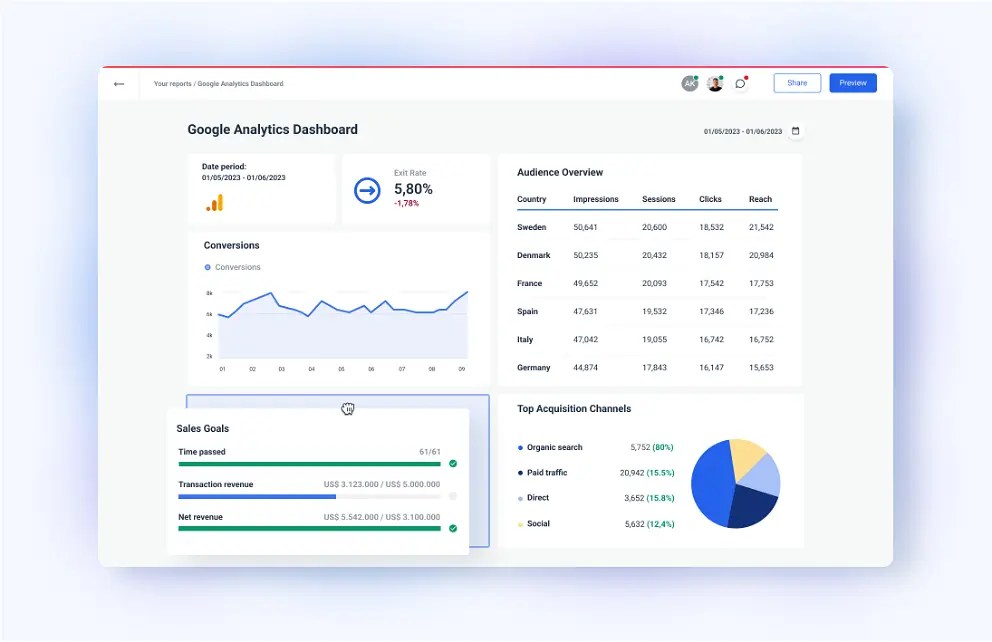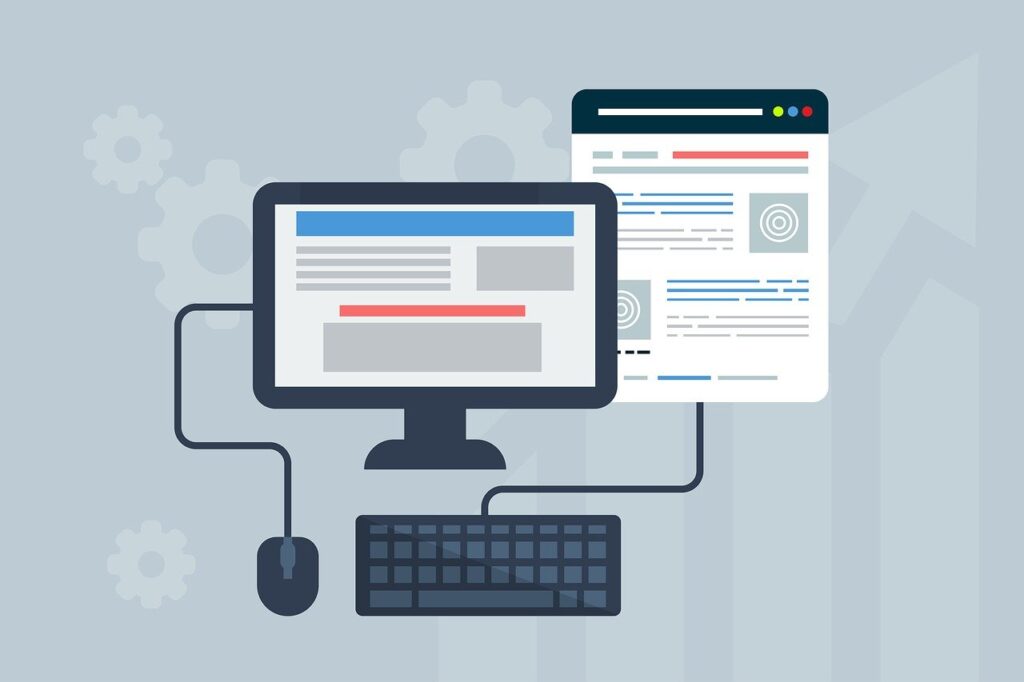Selecting the right Content Management System (CMS) is a critical decision in the journey of building a successful website. With numerous options available, it can be overwhelming to find the perfect fit for your specific needs. In this guide, we’ll walk you through essential factors to consider when choosing a CMS, empowering you to make an informed decision for your website.
1. Define Your Website’s Purpose and Goals:
Before diving into CMS options, clearly outline the purpose and goals of your website. Different CMS platforms cater to various needs, such as blogging, e-commerce, portfolio showcasing, or news sites. Understanding your objectives will help you narrow down the choices.
2. Ease of Use and User Interface:
A user-friendly interface is crucial for efficient website management. Consider the CMS’s ease of use, customization options, and the learning curve involved. A CMS that aligns with your team’s skill level and workflow will contribute to smoother operations.
3. Scalability and Flexibility:
Choose a CMS that can grow with your business. Scalability ensures that your website can handle increased traffic and additional features as your business expands. Look for a flexible CMS that allows easy integration of plugins, themes, and third-party services.
4. SEO Features:
An SEO-friendly CMS is vital for improving your website’s visibility on search engines. Look for features such as customizable meta tags, clean URL structures, and XML sitemaps. SEO optimization is crucial for attracting organic traffic to your website.
5. Security Measures:
Security is non-negotiable in the digital age. Evaluate the security features of the CMS, including regular updates, community support, and built-in security protocols. A secure CMS is essential to protect your website and user data from potential threats.
6. Community Support and Documentation:
A vibrant community and extensive documentation can be invaluable when you encounter issues or need assistance. Check the availability of forums, tutorials, and user communities associated with the CMS. Active support can expedite problem resolution.
7. Cost Considerations:
Understand the costs involved, including licensing fees, hosting expenses, and potential add-ons. Some CMS platforms are open-source, offering flexibility, while others may have associated costs. Consider your budget and long-term financial implications.
8. Mobile Responsiveness:
With the increasing use of mobile devices, ensure the CMS supports responsive design. A mobile-friendly website is crucial for providing a seamless user experience across various devices.
Conclusion:
Choosing the right CMS is a pivotal step in creating a successful and efficient website. By carefully considering your website’s objectives, user interface preferences, scalability, SEO features, security, community support, cost, and mobile responsiveness, you’ll be well-equipped to make an informed decision.
For professional website development services that cater to your unique needs, consider Palnode. Our expert team at Palnode specializes in creating tailored solutions for businesses. Contact us at [email protected] or Call/WhatsApp +256705490849 to discuss how we can elevate your online presence.




